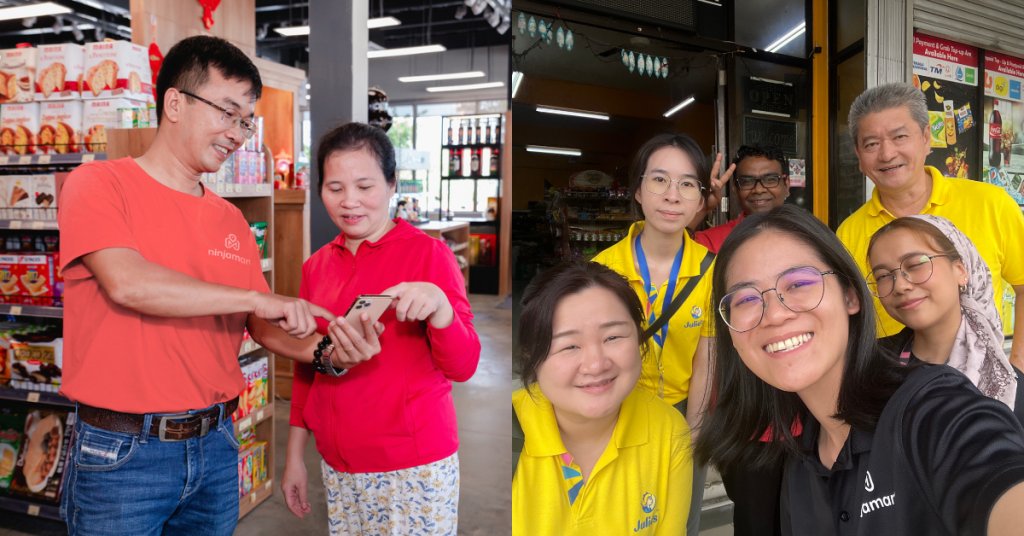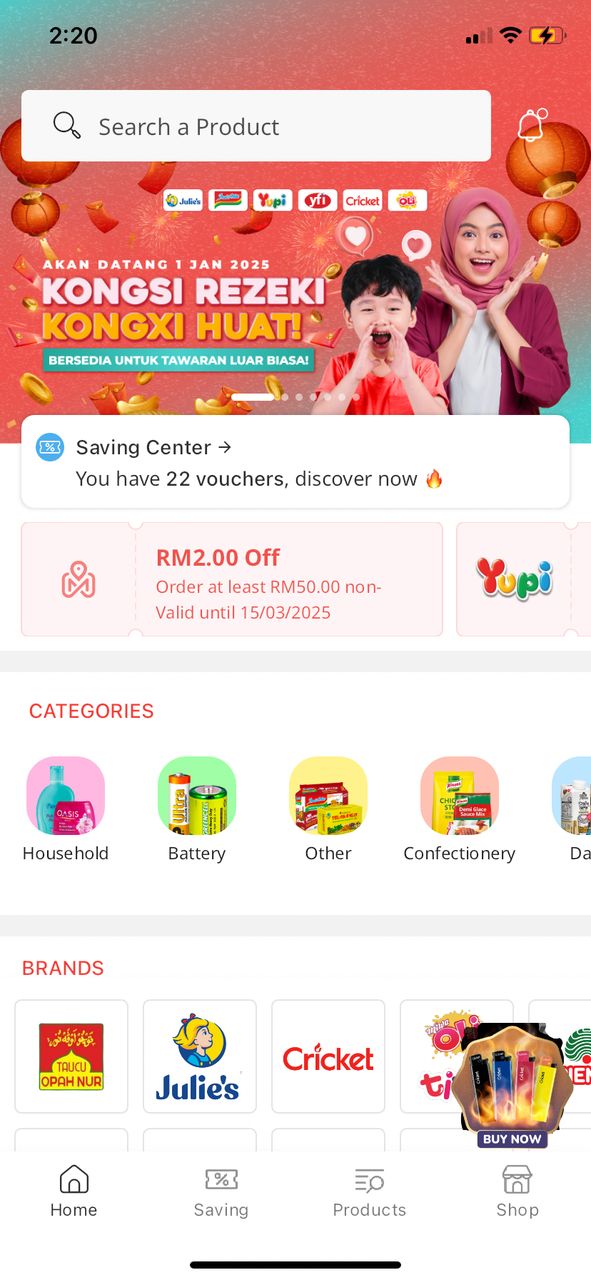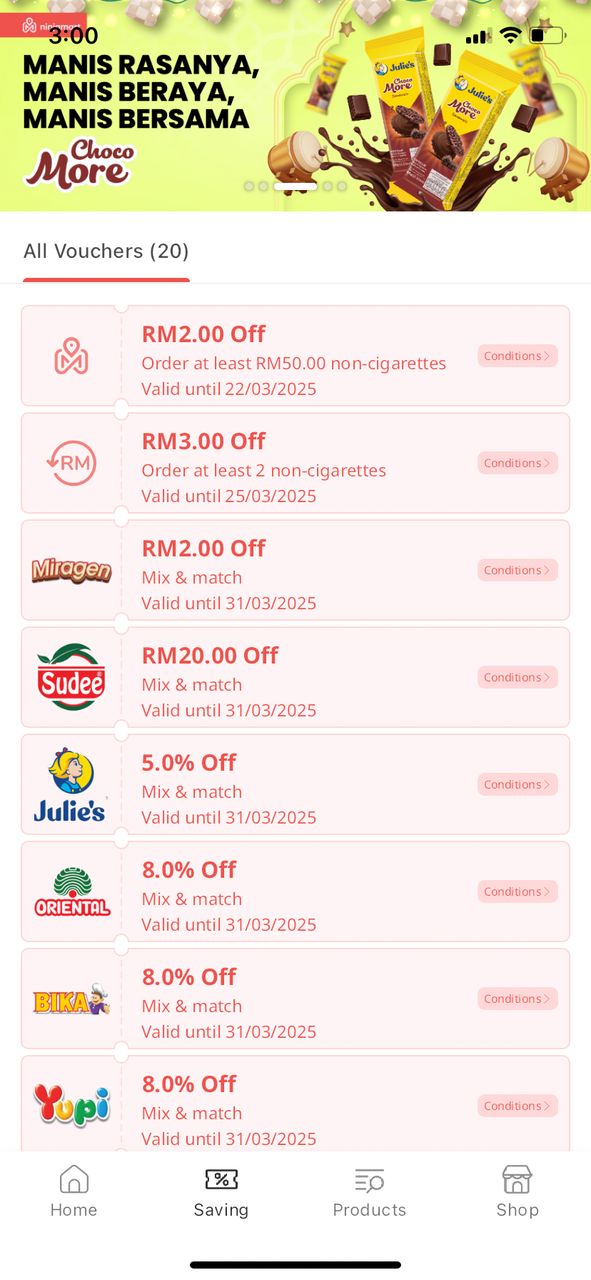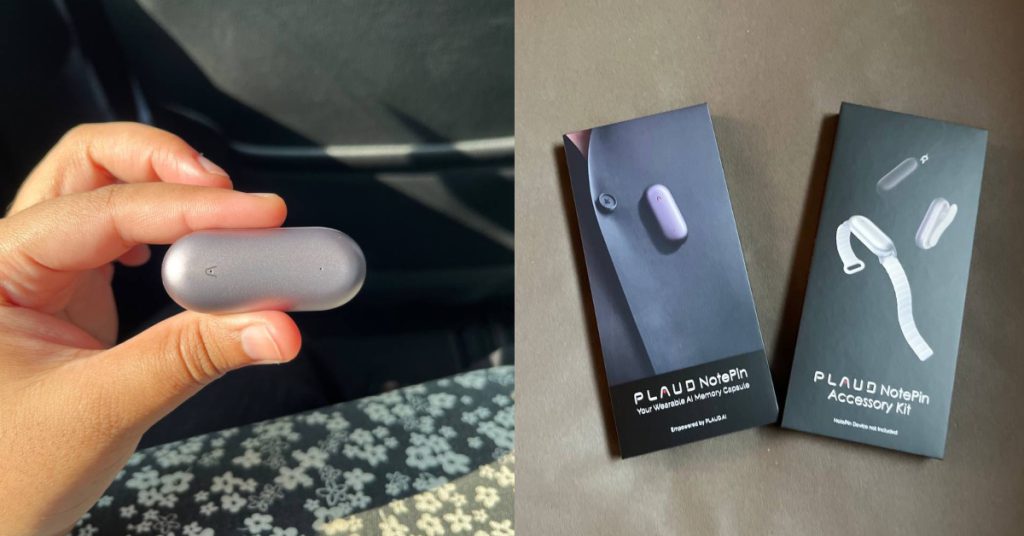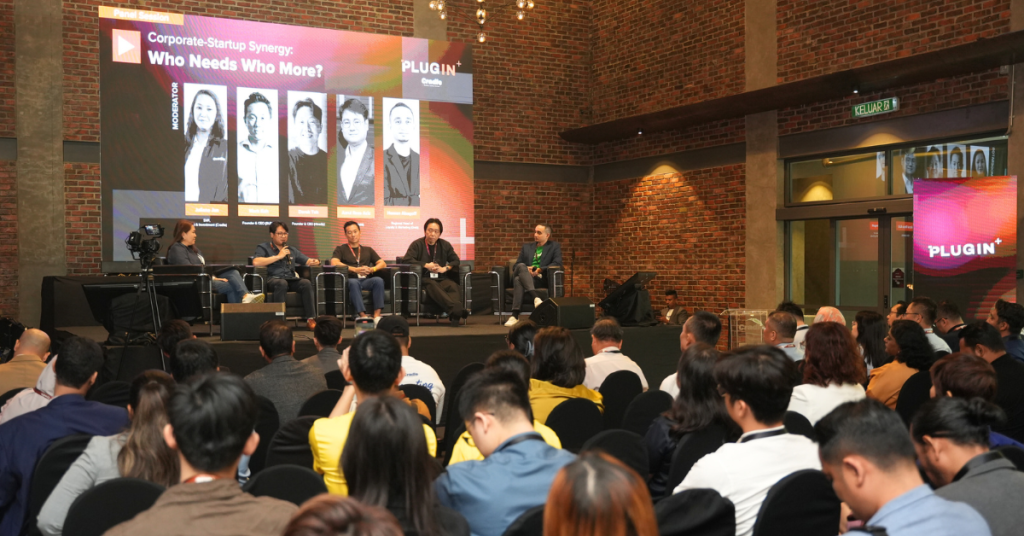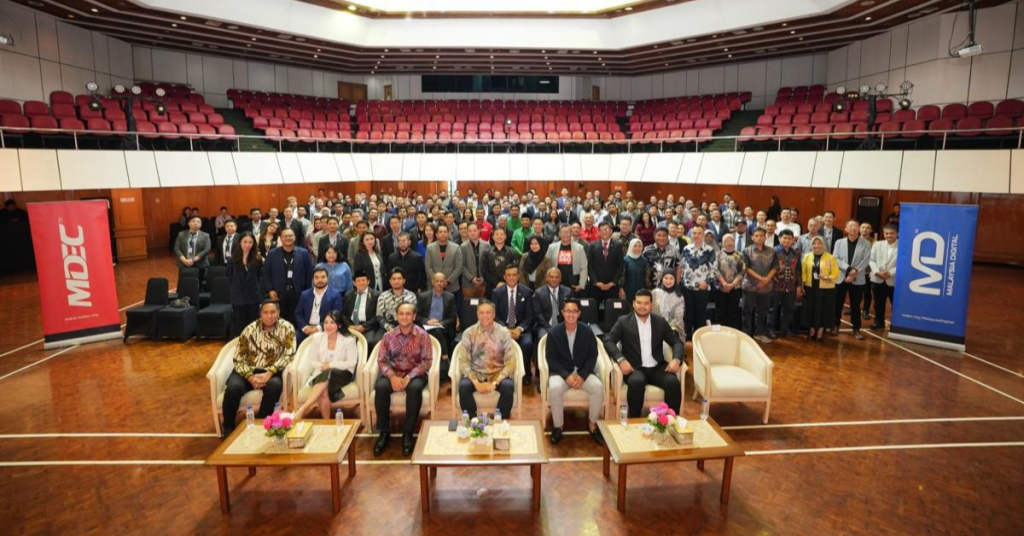[This is a sponsored article with Ninja Mart.]
Even in this day and age when ecommerce is increasingly contributing to Malaysia’s GDP, the importance of having an in-store presence cannot be understated.
It’s that emotional connection of being able to see and touch the packaging in person that can help customers envision the product as part of their lives, leading, hopefully, to a purchase.
But getting your product on store shelves in the first place can be a whole challenge in and of itself.
Especially with small retailers who often fall outside the reach of traditional distributors, establishing trust can take time. Even for big name brands, a new product is still a leap of faith that not many retailers are eager to take from the outset.
And that’s where Ninja Mart steps in, a distribution solution by Ninja Van designed to seamlessly connect brands with retailers.
From urban to rural areas

Ninja Mart was launched in 2018 with a particular focus on getting fast-moving consumer goods (FMCGs) to rural and semi-urban areas. Think perishables in high-demand such as snacks, coffee, and home care products.
They specialise in general trade (GT) with over 38,000 partnered grocery stores, mini-marts, and independent retailers. This, Ninja Mart tells Vulcan Post, also includes petrol station convenience stores, traditional sundry shops, and warungs.
Rural areas in particular operate on a van sales model to prevent overstocking, as opposed to the pre-order and delivery system employed in urban and suburban areas.
Dictionary time: Also known as direct store delivery (DSD), a van sales model is a distribution method where suppliers deliver goods directly to retailers. In Ninja Mart’s case, this is done through their weekly visits, where Ninja Mart salesmen will bring along grocery items with them on their weekly visits to partnered retailers, where the retailers can then make a purchase on the spot based on their store’s specific demand.
Source: Law Insider
In connecting FMCG brands with as many points of sales as possible, Ninja Mart noted that this strategy allows products to reach a larger market potential at a lower cost.
And to boost brand visibility, they also run campaigns for brands which come packaged with a variety of services.
More than just a promotional push
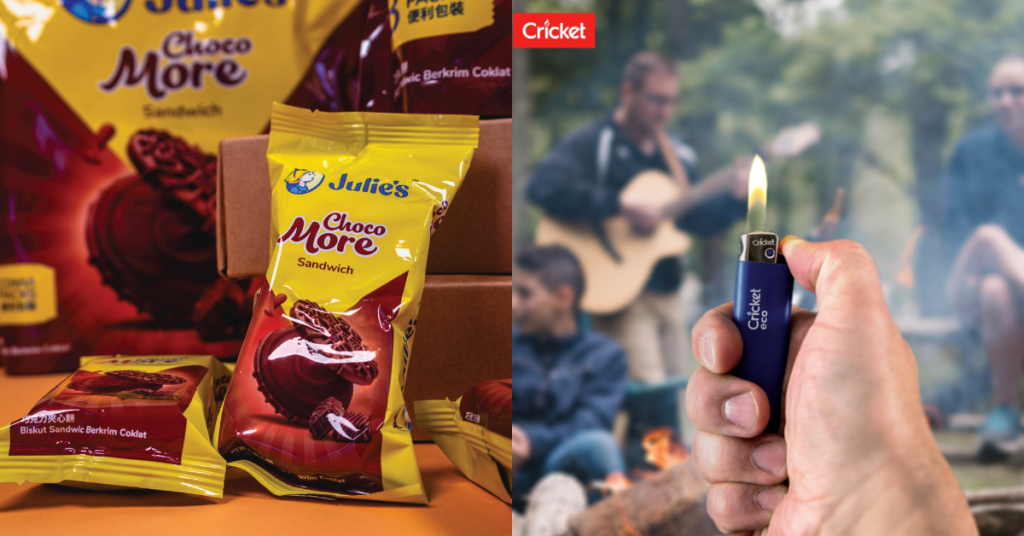
The most recent example of Ninja Mart’s campaigns is their Kongsi Rezeki, Kongxi Huat! Campaign, which ran from January to March, 2025.
It was a collaboration with a total of 17 FMCG brands. At the end of the campaign, Ninja Mart saw a reported average 37% sales increase with partnered brands reaching over 8,500 independent retailers nationwide.
Among the participants is a household name to many, Julie’s. In their case, Julie’s wanted to make a push for their Choco More series.
There were also companies like Cricket Lighters, who were struggling with maintaining pricing hygiene due to distribution issues. They were looking for a solution to stabilise their supply chain.
The success of this campaign, as Julie’s and Cricket Lighters testified, came down to several strategies that Ninja Mart employed:
1. Spend & win campaigns
Conducted on the Ninja Mart app, the idea of this strategy was to reward retailers for actively selling the products of partnered brands.
Sales would translate into tickets, and the more tickets a retailer accumulated, the higher their chances of winning prizes. This included an iPhone 16, a PS5, massage chairs, and TVs.
The end result was boosted product shelf visibility and sales as retailers now had a strong motivation to prioritise partnered brand products. This in turn strengthened brand-retailer engagement.
2. Brand focus weeks
As the name implies, brand focus weeks involved the offering of time-limited promotions for partnered brand products.
Julie’s, for instance, ran promotions which allowed buyers to mix and match their selections. Cricket Lighters on the other hand offered bundle deals with their products.
This, in conjunction with Ninja Mart’s custom point of sales materials (POSMs) including tailor-made buntings, posters, and wobblers, helped products stand out on store shelves.
The strategy turned out to be especially effective at sundry shops and mini-marts, where customers would often be overwhelmed with options.
For those on the fence, it helped that goodie bags and free samples were up for grabs too.
3. Urban Brand Tours
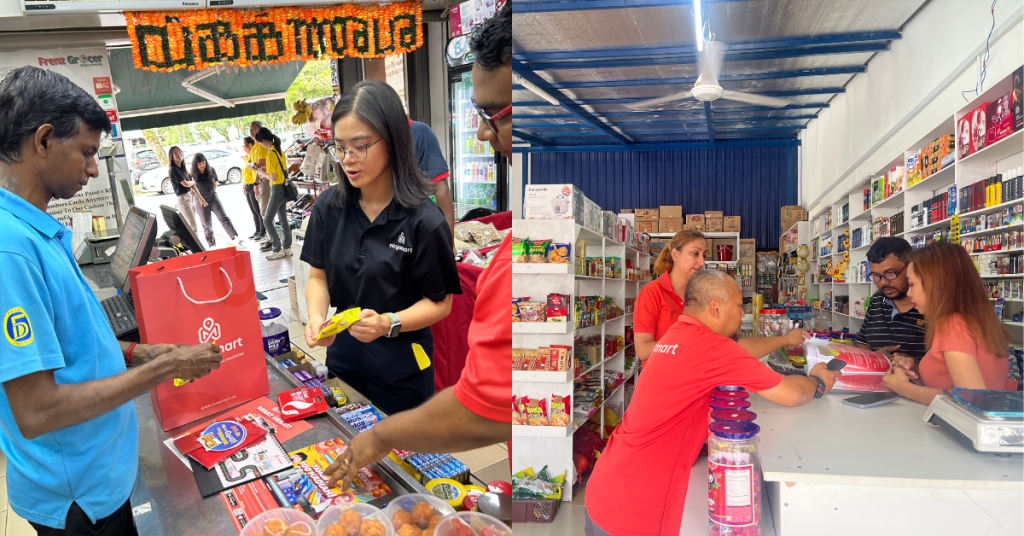
Ninja Mart also hosted on-ground engagement sessions for brands and retailers to have a closer relationship.
Brands like Julie’s and Cricket Lighters were given the chance to directly observe how Ninja Mart’s sales team communicated with retailers, providing insights into pain points that retailers may have.
This strategy, according to Ninja Mart, allowed brands to better understand the day-to-day challenges faced by their end customers, which aided in building stronger brand-retailer relationships.
4. Data-Driven Brand Collaboration
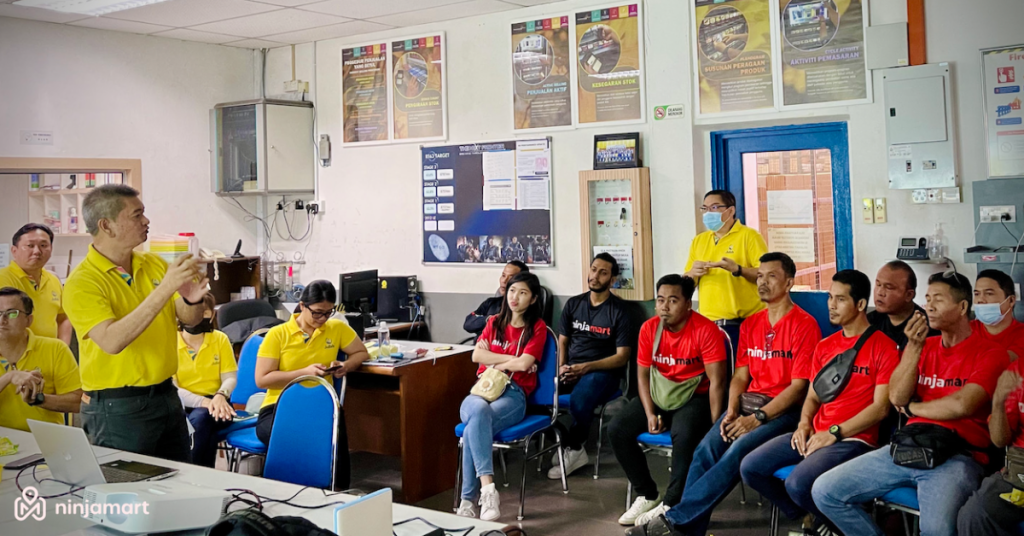
Tying all that together were Ninja Mart’s monthly performance reports which came with actionable insights for brands to better their overall business strategies.
This included:
- Sales data with product performance by region, store type, and Stock Keeping Units (SKUs) which allow brands to pinpoint high-performing outlets and underpenetrated markets
- Market coverage insights which showcases how effectively products were able to reach target areas
- Retailer feedback which includes input about pricing, consumer preferences, stock availability, and even competitor activity
With these pieces of information, Julie’s and Cricket Lighters were thus able to adjust their marketing and stock strategies, as well as craft long-term strategic growth plans
Empowering brand scaling
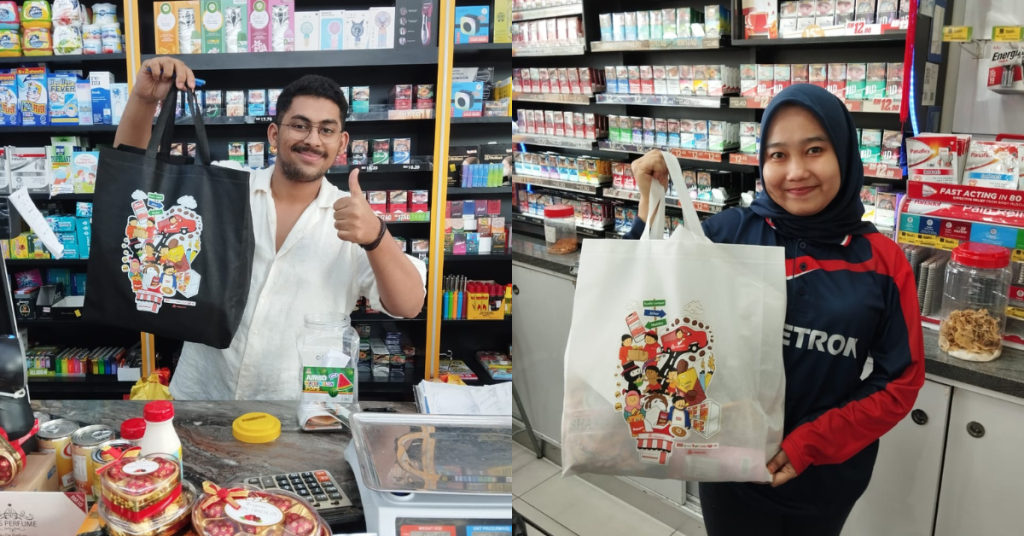
Raymond Kwan, General Manager of Julie’s, noted that through the Kongsi Rezeki, Kogxi Huat! Campaign, their Choco More biscuits were able to reach over 1,000 retail outlets across Klang Valley, Melaka, Seremban, and Sungai Buloh.
“With Ninja Van managing logistics and execution, we engaged more effectively with retailers and reached new consumers,” he added.
Likewise, these sentiments were echoed by Darren Loo, Chief Operating Officer of Cricket Lighters Malaysia. He highlighted Ninja Mart’s communication skills in particular, which led to seamless on-boarding.
“We look forward to future growth together with Ninja Mart and a successful partnership ahead,” he said.

Whether a global player or a local brand trying to scale, Ninja Mart seeks to provide a flexible, inclusive model that works for brands of different sizes and maturity levels, they told Vulcan Post.
With campaigns also targeted to specific needs and not just festivities, their services might be the breakthrough you’re looking for.
Featured Image Credit: Ninja Mart



